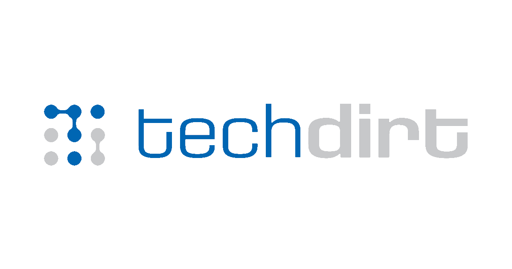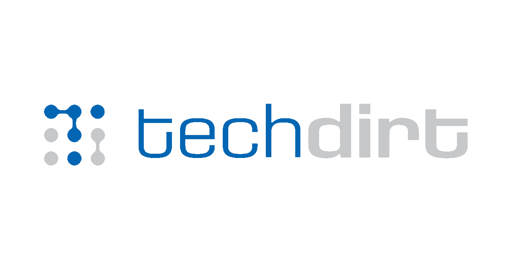

There is no operating system with either name. The operating systems are called Debian, Arch, Fedora, Ubuntu, etc.
We need a name to collectively refer to them. If we say “Linux” because they share the Linux kernel, ok, but so does eg. Android.
What better name is there to refer to the ones in the above list, but not Android, than “GNU/Linux”?















Similar thoughts here: https://slatestarcodex.com/2019/10/30/new-atheism-the-godlessness-that-failed/
Particularly interesting is this comment: